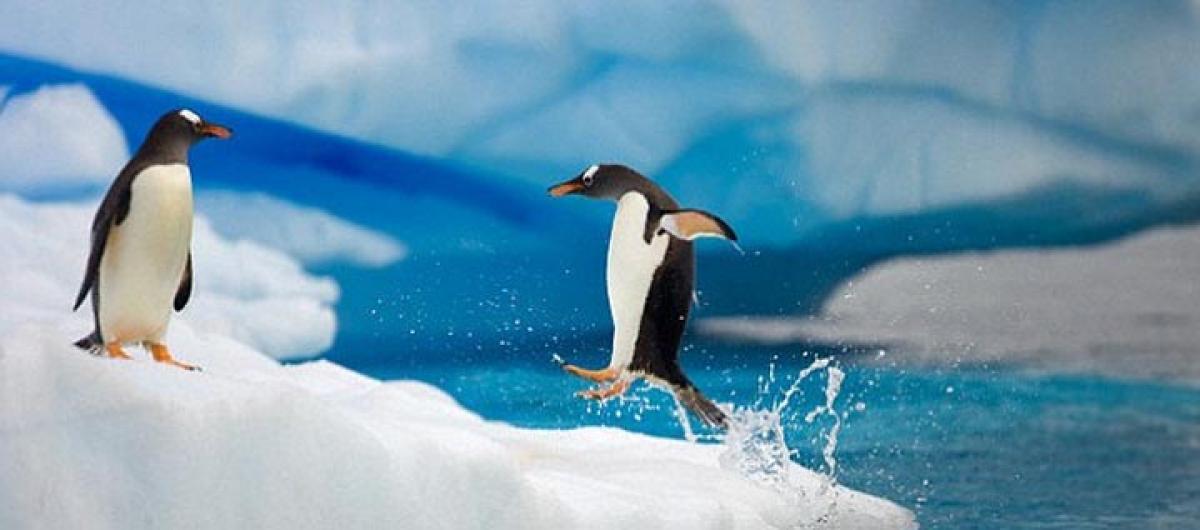Live
- BJP protests against AAP govt, distributes masks
- BGT 2024-25: Kohli is passionate about the way that he plays, says Ponting
- Defence Minister Rajnath Singh to meet Chinese counterpart in Laos today
- Medical staff told to be humble, attentive while treating patients
- Police arrests Chinese nat'l for cyber fraud
- Garena Free Fire Redeem Codes for November 20th: Get Free Rewards Now
- Are strict laws needed to ensure MLAs attend Assembly sessions?
- Gold rates in Vijayawada today surges, check the rates on 20 November, 2024
- Anti-pollution measures push daily wager into a livelihood crisis
- Srinagar records season's first sub-zero temperature










